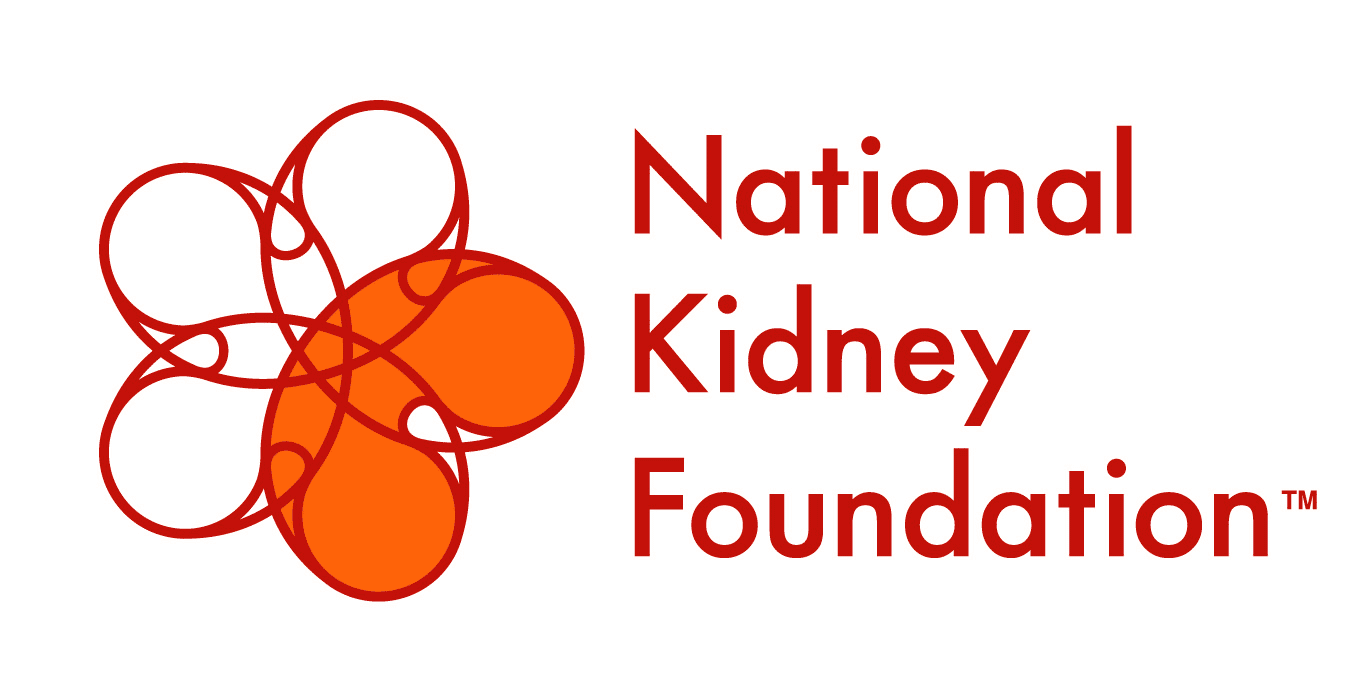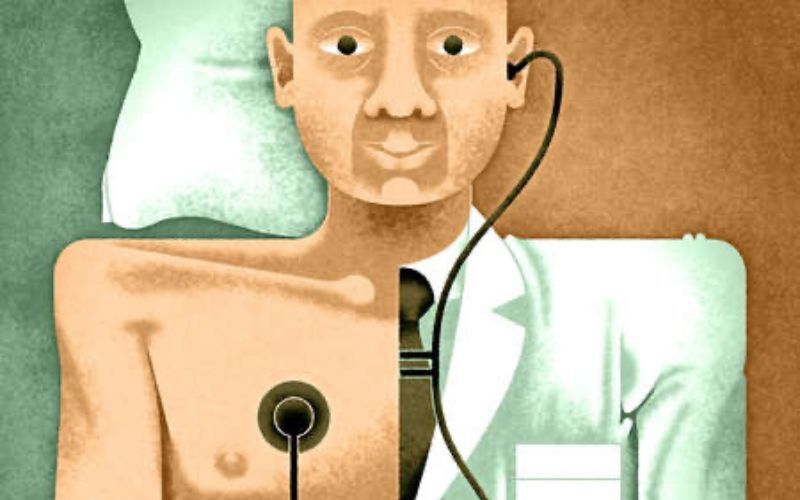The Greatest Gift

It is more blessed to give than to receive. We all learned as much as kids, and a host of scientific studies have shown that altruism actually does wonders for your health as well as your soul. A now-famous Harvard University study conducted in the 1980s proved that people even simply watching an altruistic act—in the study's case, a short film of Mother Teresa tending orphans in Calcutta—get an immune system boost. We're willing to bet the "Mother Teresa effect," as researchers dubbed it, applies to those who read tales of good deeds too.
The following four stories outline acts of compassion so overwhelming and unexpected that they enhanced not only the immediate circumstances of the recipients but their worldviews as well. May they do as much for you.
A lifelong athlete, Yukiko Marth is accustomed to pushing her lithe, 51-year-old body. What she isn't accustomed to is having it push back. So when she woke one morning in September 1999 after three days of volleyball to find both ankles ballooned with fluid, she knew something was terribly wrong.
"I went to see a doctor immediately," recalls Marth, who works as a hair stylist and shiatsu massage therapist in San Francisco. "A week later, I got the results that my kidneys were operating at only about 15%. I'd gone to bed an athlete and awakened a woman with kidney failure."
Marth's official diagnosis was acute glomerulonephritis of unknown origin. Within weeks, she was on dialysis. "I just couldn't believe it," she says now. "I couldn't believe it was happening to me and that it was happening so fast." By December, Marth couldn't eat, and she was very weak. A transplant was her only hope for recovery. Yet she was told that finding a cadaverous kidney (a kidney harvested from someone who has died) for a woman with her blood type generally takes 3 years—an eternity for someone in Marth's fragile physical condition. Her outlook was understandably grim when Charlie Kees, Marth's sometime tennis and volleyball partner, stepped in with an ace of an offer: He would donate his kidney if they were compatible.
"I knew where she had been as an athlete, and I was watching her body become deteriorated and emaciated and constantly tethered to a machine," says Kees, 39, a former firefighter who had met Marth only six months earlier while playing volleyball. "And my only thought was, if there was any way I could help her get back to where she had been, I wanted to do it. It just felt like something I was supposed to do. It felt like it was my purpose to help."
Spoken like the perfect doubles partner—with, it turns out, the perfect kidney: Kees and Marth turned out to be a match. And on June 28, 2001, after enduring more than a year's worth of dieting and tests, Kees donated his kidney laparoscopically (without the extensive cutting of traditional surgery).
"It was just the most incredible thing for him to do," gushes Marth, a flood of raw emotion seeping into her voice. "At first, I was really uncomfortable with even the idea of Charlie jeopardizing his own health in an effort to improve mine. But my doctors assured me he would recover fully, and he did very quickly. So I'm blessed with a tremendous gift he gave me, truly the greatest gift I've ever received. I just feel very, very grateful."
Marth's own recovery was lengthier—she was back on the court within seven weeks of her surgery, but it took six to seven months to regain her strength and competitive form. One year to the day after her transplant surgery, she won the gold medal in women's singles tennis at the 2002 US Transplant Games in Orlando. "My opponent was a good sport," she chuckles, "but I really steamrolled her."
To find out more about becoming an organ donor, contact the National Kidney Foundation at (800) 622-9010.
See article from source:

